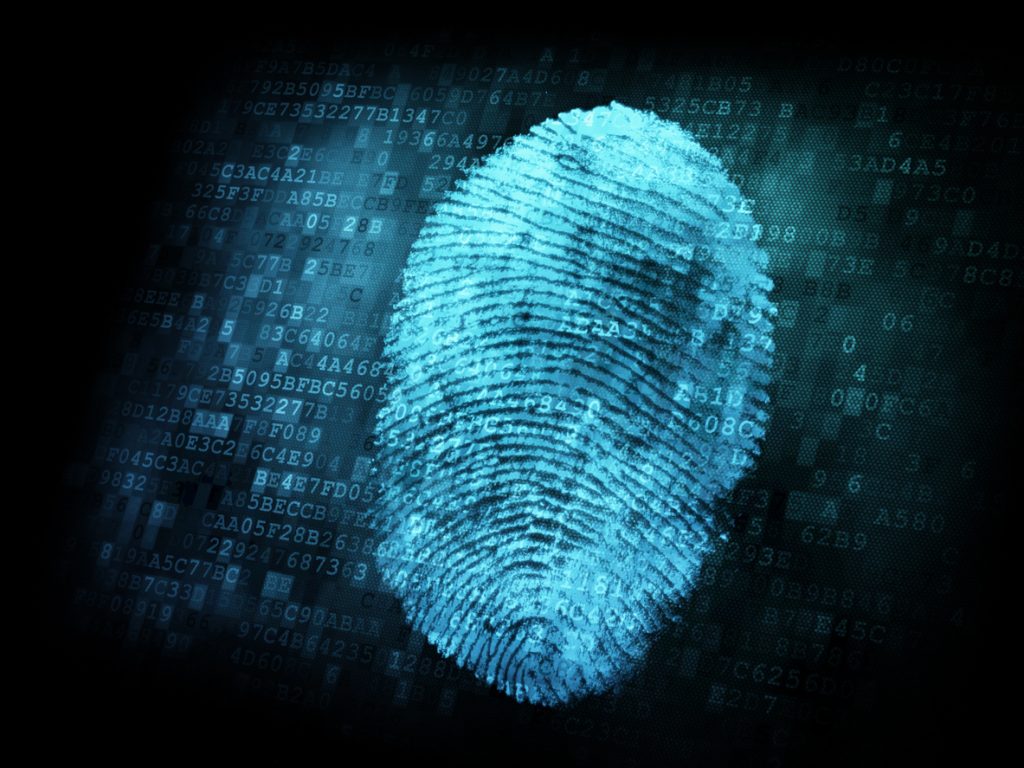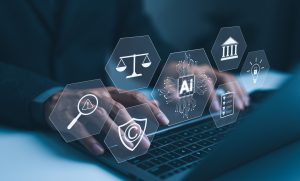Forensics is a fascinating field that sits at the intersection of science, technology, and law, playing a pivotal role in everything from criminal investigations to civil cases. But if you're interested in diving deeper, there are a few key insights forensic experts want you to know. Whether it’s about the impact of cutting-edge legal tech, the value of specific educational credentials, or the importance of meticulousness, this field has its own set of demands and rewards. Here’s a closer look at five essential facets of forensics, straight from the experts.
How Legal Tech and Forensics Are Transforming Investigations
Forensics is evolving quickly, and technology is a driving force in that evolution. Legal professionals increasingly rely on legal tech innovations that streamline forensic processes and help firms stay ahead. Whether it’s advanced data analysis, digital fingerprinting, or high-precision forensic tools, legal tech enables forensic experts to collect and analyze evidence with greater speed and accuracy. In the legal sphere, this tech has become indispensable, making it easier to sift through massive data sets and identify crucial evidence that could make or break a case.
Forensic experts play a crucial role in training and adapting this technology, ensuring it serves the specific needs of the legal profession. From document analysis software to digital evidence preservation, legal tech is bridging the gap between traditional law and modern forensic science.
Why Education is the Backbone of a Forensic Career
One of the biggest insights from forensic professionals is that having the right education is non-negotiable in this field. Certifications, specialized degrees, and forensic certificates equip professionals with the expertise needed to handle cases meticulously and uphold the standards required in court. For instance, forensic certificates allow professionals to specialize in specific areas, whether it’s criminal forensics, digital forensics, or forensic psychology. These programs don’t just teach the science; they cover crucial aspects of case handling, chain of custody, and courtroom procedures, which are essential to making evidence admissible.
Forensics is a highly specialized field where each type of evidence requires particular knowledge and skills. Earning a forensic certificate or degree isn’t just about ticking off a requirement – it’s about gaining skills and credibility. Many certificate programs include hands-on experience in labs or mock crime scenes, giving students practical exposure to the techniques they’ll use in real-world cases.
The Importance of Detail: Why Forensic Work Demands Precision
Forensic experts would be quick to tell you that attention to detail is one of the most critical aspects of their work. In a field where the smallest mistake can have huge ramifications, precision and meticulousness are essential. Each piece of evidence must be carefully handled, documented, and analyzed, often following strict protocols to ensure the results hold up in court.
From fingerprint analysis to DNA testing, any lapse in detail can compromise the entire case, leading to potential mistrials or evidence being dismissed. Forensics is not a job where you can cut corners or rush through tasks. Every sample, document, and finding must be treated as though it holds the key to solving the case.
How Forensic Technology is Expanding the Field
The forensic field is constantly growing, thanks to technological advancements that broaden the scope of what’s possible. With the rise of tools like facial recognition, forensic data analysis, and bioinformatics, experts are now able to investigate and resolve cases that would have been impossible to solve in the past.
Forensic technology allows professionals to interpret complex evidence like genetic data, chemical compounds, and digital footprints, which can be the deciding factor in a case. Beyond traditional crime scenes, forensics now plays a crucial role in cyber investigations, fraud detection, and even environmental crime.
The Challenges of Courtroom Testimony and Presentation
One of the more challenging aspects of forensic work is presenting evidence in court. Forensic experts often serve as expert witnesses, where they must not only explain complex scientific findings but also convey their significance in a way that jurors and judges can understand. This task requires both communication skills and deep knowledge, as they have to answer challenging questions from attorneys and, at times, defend their findings under intense scrutiny.
Courtroom testimony also demands a balanced approach, as forensic experts must remain impartial and avoid any appearance of bias. They’re there to present facts and clarify evidence, not advocate for one side or another. The responsibility of testifying accurately and convincingly is enormous, as their words can shape the outcome of a case.
Ethical Boundaries and Responsibilities in Forensic Work
Forensic science isn’t just about following the evidence; it’s also about adhering to strict ethical standards. Forensic experts must operate with integrity and impartiality, ensuring that every piece of evidence is handled, analyzed, and presented fairly. There are strict guidelines for maintaining the chain of custody, and evidence tampering or manipulation is taken seriously. Ethical boundaries exist to protect the rights of all parties involved and to uphold the credibility of forensic evidence in legal proceedings.





















